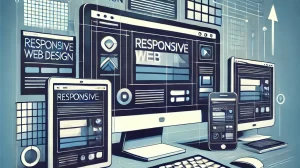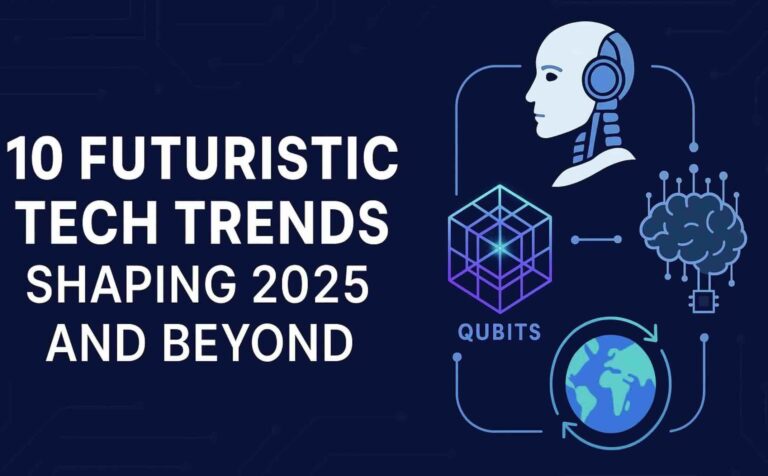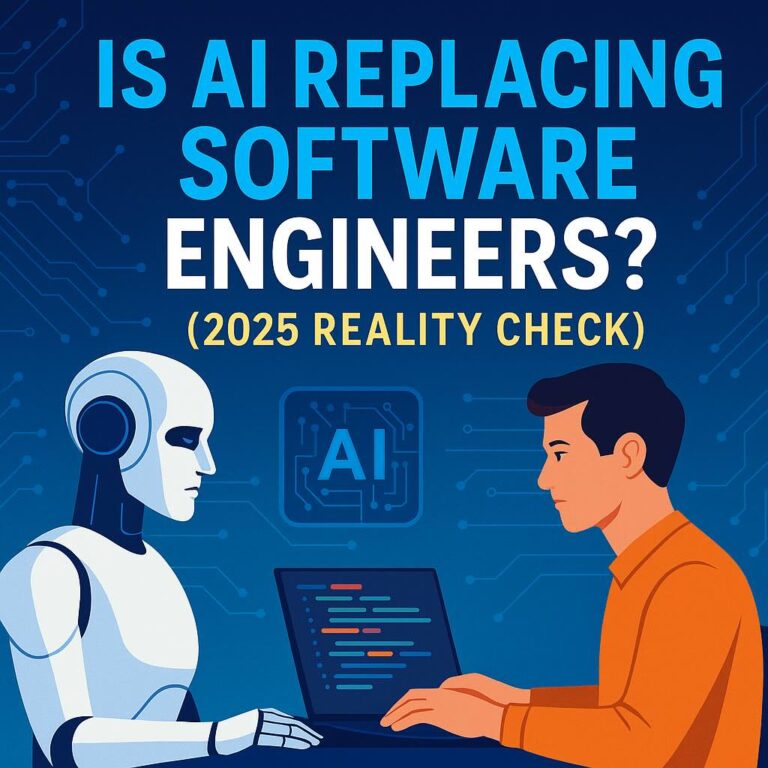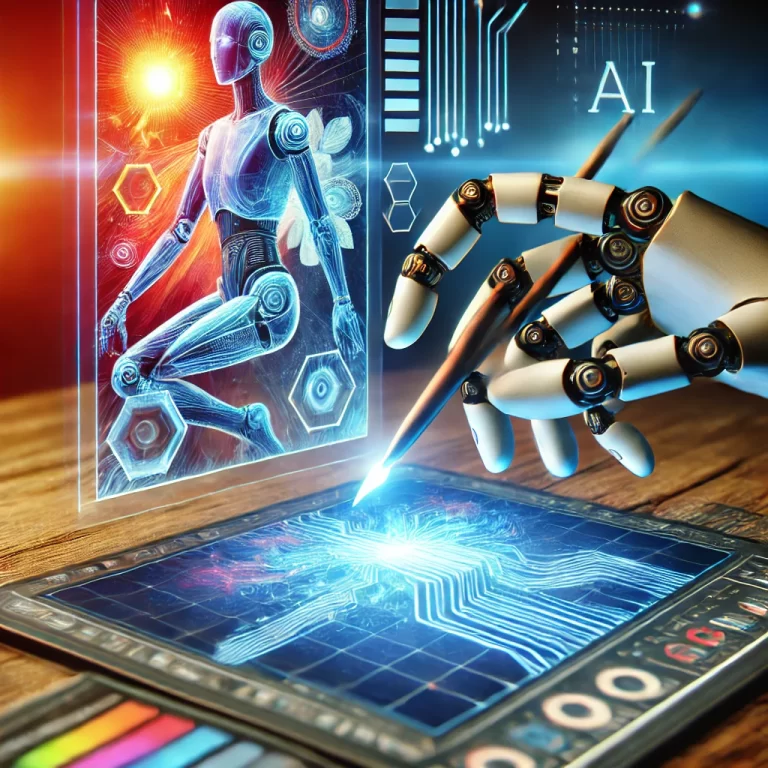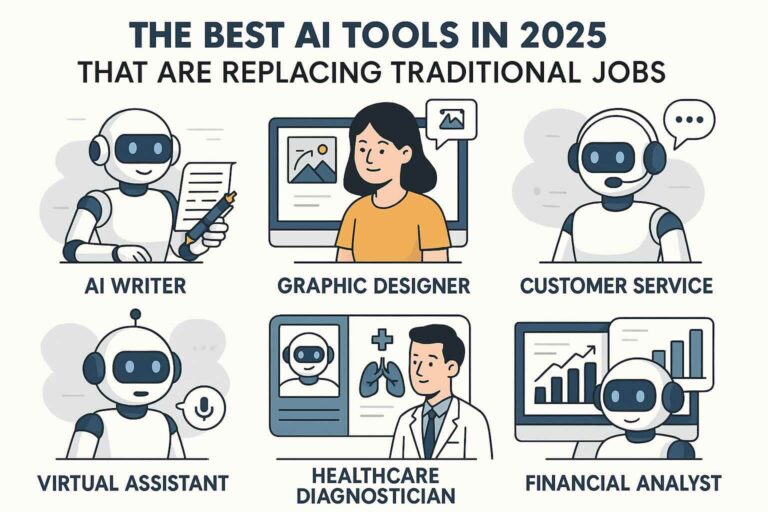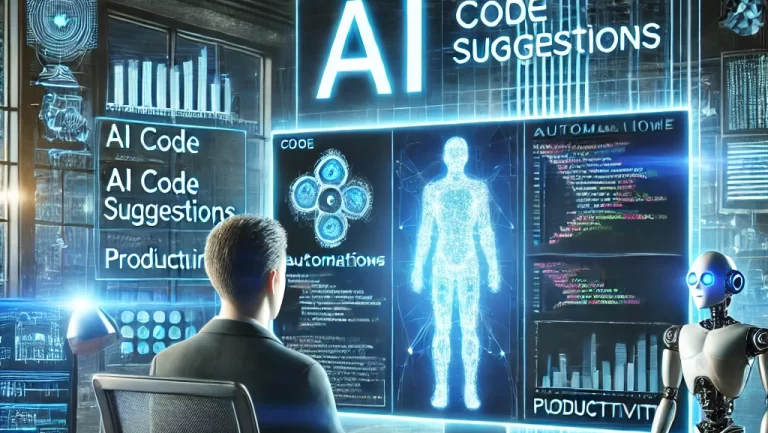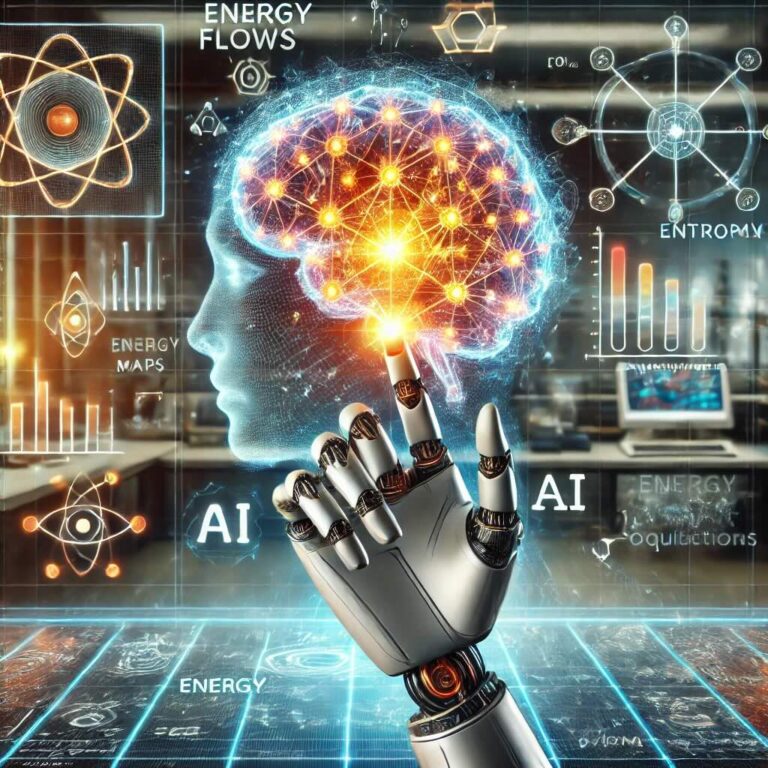Artificial Intelligence (AI) has revolutionized the way we interact with technology, and nowhere is this more apparent than in the development of personal assistants. From Apple’s Siri and Amazon’s Alexa to Google’s Assistant and Microsoft’s Cortana, these AI-driven tools have become integral to our daily lives. However, as we look beyond the current state of AI personal assistants, it’s clear that the future holds even greater promise. The next generation of AI personal assistants will redefine human-machine interaction, offering capabilities that transcend mere voice commands and pre-programmed responses. Let’s explore the transformative trends and innovations shaping the future of AI personal assistants.
1. From Reactive to Proactive Assistance
Current AI assistants are largely reactive; they respond to direct commands or queries. The next wave of AI personal assistants will be proactive, anticipating user needs based on contextual understanding and behavioral patterns. For instance:
- Behavioral Insights: By analyzing routines, preferences, and even emotional cues, future assistants will suggest actions or reminders without prompting. Imagine an assistant that detects your stress level and recommends a meditation session or rearranges your schedule to lighten your workload.
- Seamless Task Management: Proactive assistants will integrate with calendars, emails, and other tools to automatically reschedule meetings, book flights, or order groceries based on your patterns and priorities.
2. Hyper-Personalization Through Advanced AI Models
Personalization will evolve far beyond recognizing user preferences. Advanced AI models like GPT-4 and beyond will enable assistants to:
- Understand Nuance: These models can comprehend subtle nuances in user language, preferences, and tone.
- Tailored Content Creation: Future assistants might draft personalized emails, reports, or even creative writing pieces in the user’s preferred style and tone.
- Adaptive Learning: AI will continuously learn and adapt, refining its responses and actions to align perfectly with each individual’s changing needs and preferences.
3. Emotionally Intelligent AI
The integration of emotional intelligence (EI) in AI assistants will be a game-changer. By analyzing voice tone, facial expressions, and text inputs, emotionally intelligent AI will:
- Offer Empathy: Recognize and respond appropriately to users’ emotional states. For instance, offering comforting words during stressful times or celebrating successes.
- Facilitate Mental Health Support: Act as a supportive companion by recommending wellness activities, connecting users to therapists, or guiding mindfulness exercises.
4. Contextual Awareness and Real-World Interaction
AI assistants will become contextually aware, understanding the environment they operate in. This includes:
- Geolocation and Environmental Context: Adapting behavior based on the user’s location or surroundings. For example, turning on smart home devices as you near your house.
- Augmented Reality (AR) Integration: Combining AI with AR glasses or devices to provide real-time guidance, such as overlaying navigation instructions or identifying objects and providing detailed information.
5. Multimodal Interaction
The future of AI assistants is not limited to voice interaction. Multimodal interfaces will enable seamless communication across multiple input methods:
- Voice, Text, and Gesture Integration: Users can interact using a combination of voice commands, typed inputs, and even hand gestures.
- Visual Recognition: AI assistants equipped with cameras will recognize faces, objects, and gestures, enabling more natural and intuitive interaction.
6. Greater Autonomy and Decision-Making
AI personal assistants of the future will have greater autonomy, capable of making decisions on behalf of users while adhering to specified guidelines:
- Automated Decision Support: From managing finances to planning vacations, AI can analyze vast datasets and suggest optimal decisions based on user-defined parameters.
- Delegating Tasks: Assistants will communicate with other AI systems or human professionals to accomplish complex tasks, such as negotiating deals or managing projects.
7. Privacy and Ethical AI
With advanced capabilities comes the critical issue of privacy and ethics. Future AI assistants will prioritize:
- Data Security: Using cutting-edge encryption and decentralized data storage to protect sensitive information.
- User Control: Offering transparent settings that allow users to control what data is collected and how it is used.
- Ethical Programming: Ensuring AI behavior aligns with societal values, avoiding biases, and preventing misuse.
8. AI Assistants in Specialized Roles
The versatility of future AI assistants will see their adoption in highly specialized roles, including:
- Healthcare: Acting as virtual health coaches, monitoring vital signs, and even diagnosing conditions using wearable data.
- Education: Personalizing learning experiences, tutoring students, and creating interactive educational content.
- Legal and Financial Advice: Offering real-time insights into legal queries, tax planning, or investment strategies.
9. Collaborative AI Ecosystems
Rather than isolated systems, future AI assistants will work as part of collaborative ecosystems:
- Inter-AI Communication: Assistants will communicate with each other to coordinate tasks across different domains. For instance, your home assistant might sync with your work assistant to optimize your daily schedule.
- Cross-Platform Compatibility: Seamless integration across devices and platforms, ensuring a unified experience irrespective of the hardware.
10. The Role of Quantum Computing
Quantum computing will dramatically accelerate the computational capabilities of AI assistants:
- Enhanced Problem Solving: Quantum algorithms will enable assistants to solve complex optimization problems in seconds.
- Improved Predictive Analytics: Faster and more accurate predictions in areas like weather forecasting or stock market trends.
11. AI Assistants and the Internet of Things (IoT)
The synergy between AI and IoT will unlock unprecedented convenience:
- Smart Home Integration: Coordinating multiple devices, from thermostats and lighting to security cameras and appliances, for holistic home management.
- Wearable Tech: Enhancing functionality in fitness trackers, smartwatches, and medical devices through proactive insights and recommendations.
12. Breaking Language Barriers
Advancements in natural language processing (NLP) will make AI assistants true polyglots:
- Real-Time Translation: Facilitating seamless communication across languages for business, travel, or personal connections.
- Cultural Context Understanding: Recognizing and respecting cultural nuances to provide contextually appropriate responses.
13. AI Assistants for the Aging Population
AI will play a critical role in addressing the challenges faced by an aging global population:
- Companionship: Offering conversation, entertainment, and emotional support to reduce feelings of loneliness.
- Health Monitoring: Tracking medication schedules, vital signs, and providing timely alerts to caregivers or medical professionals.
14. Future Challenges and Considerations
Despite the promise, there are significant challenges that must be addressed:
- Bias and Fairness: Ensuring AI systems do not perpetuate societal biases.
- Job Displacement: Balancing automation with the need to preserve human roles in various industries.
- Regulatory Oversight: Establishing global standards for AI governance and accountability.
15. The Vision Ahead
As AI continues to evolve, personal assistants will not only become smarter but also more integrated into every aspect of our lives. They will act as collaborators, confidants, and even creators, shaping a future where technology enhances human potential rather than replaces it.
The road ahead is filled with exciting possibilities. Beyond Siri and Alexa lies a world where AI personal assistants transcend boundaries, bridging the gap between science fiction and everyday reality. With thoughtful innovation and ethical considerations, the future of AI personal assistants promises to be as transformative as it is inspiring.


